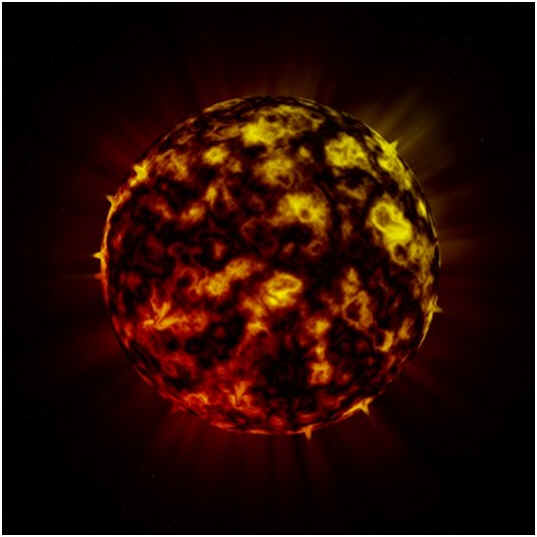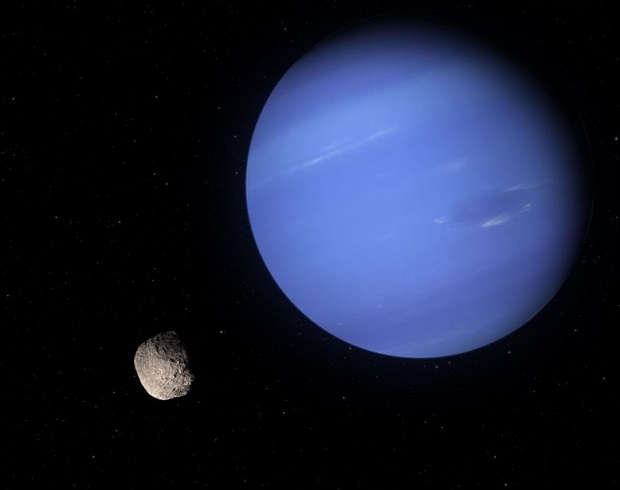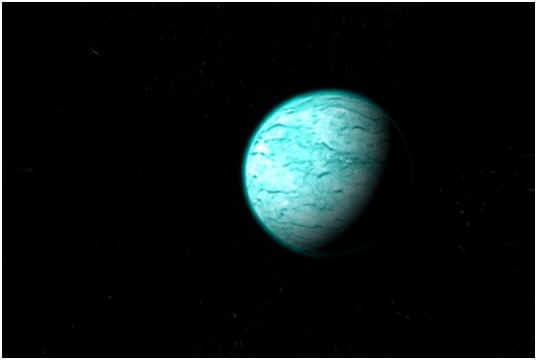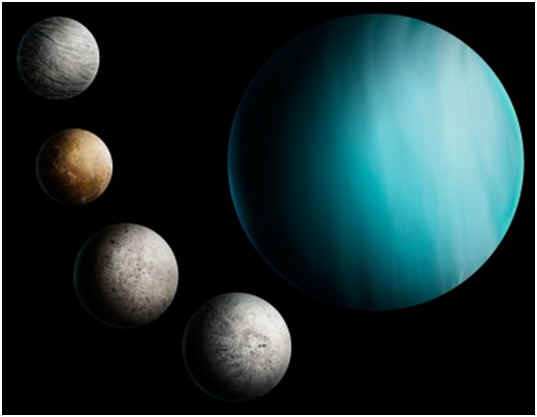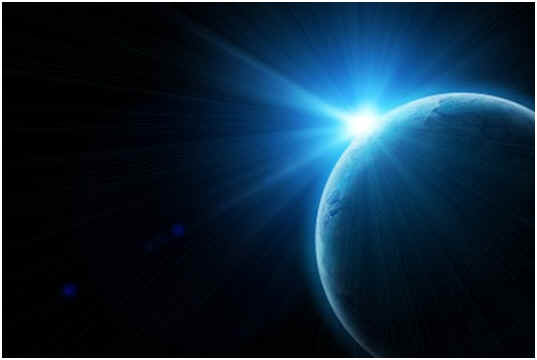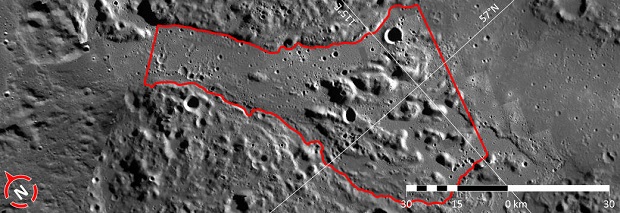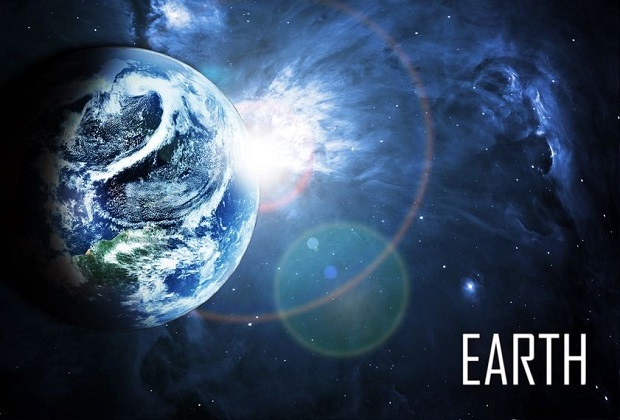
Does Earth Rotate? Earth does rotate. The Earth’s rotation is what gives us day and night. Rotation is the spin of the planet on its axis. The Earth completes a full rotation roughly every 24 hours. But the Earth’s rotation isn’t static. Scientists have determined that it wobbles slightly, like a top, along its axis. But what’s amazing about the Earth’s rotation is that it depends on several circumstances– both cosmic and close to home.
Earth’s Rotation and the Moon
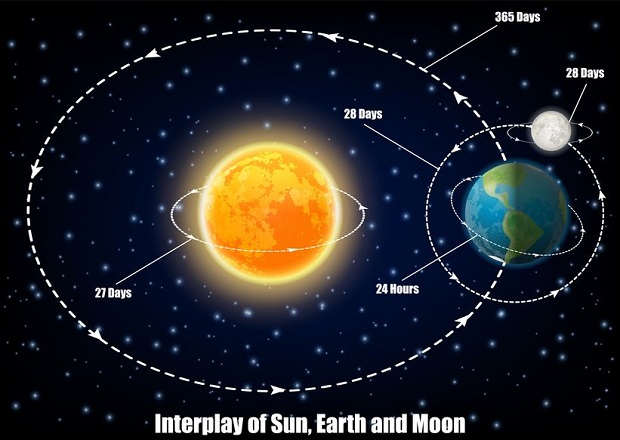
The Moon is the Earth’s sole natural satellite. It orbits around us due to the influence of our gravitational pull. However, gravity is a two-way street. Our gravitational pull affects how the moon will orbit around us. The moon’s gravitational pull determines the length of our days and how we rotate on our axis. We see this played out (in part) by the movement of the tides. As the tides bulge out and in, it slows the rotation of the planet. We call this phenomenon “Tidal Acceleration.” However, for the most part, it is an acceleration in the negative value. The days are lengthened slightly due to the moon. This means that our rotation is slightly slowed.
Earthquakes Alter Earth’s Rotation
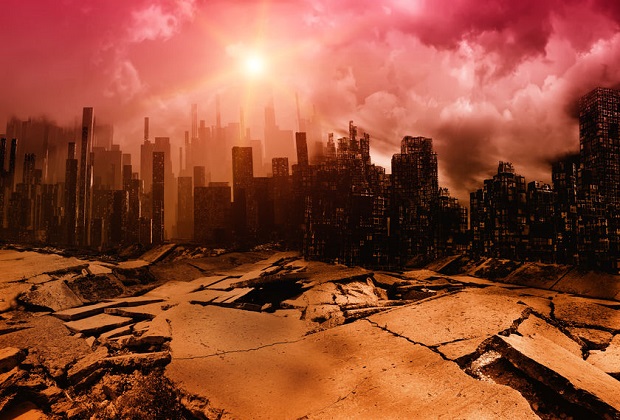
Earthquakes are literally Earth-shaking. The Earth’s crust is made up of tectonic plates that are always slowly moving. Friction causes them to get stuck on their edges. When stress overcomes the friction, energy is released in waves that result in oft-destructive tremors. This much is already common knowledge. How this affects the Earth’s rotation isn’t so commonly known.
After particularly large Earthquakes, like the one in Japan in 2011, scientists have noticed something peculiar about the day’s length compared to stable atomic clocks. Some earthquakes actually cause the days to get shorter!
This difference is so minuscule that the average individual wouldn’t even notice. It takes precise scientific instruments to recognize it, but these events alter the Earth’s rotation because of the shift in Earth’s mass. Even if just in a small way.
